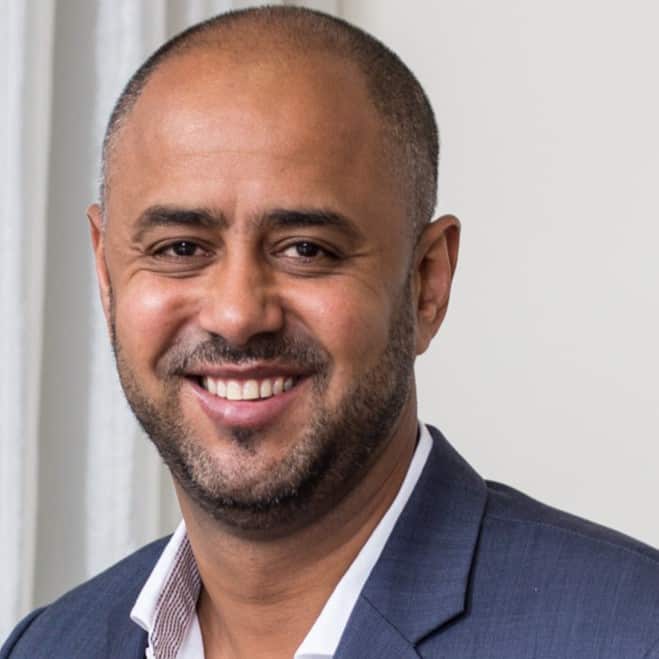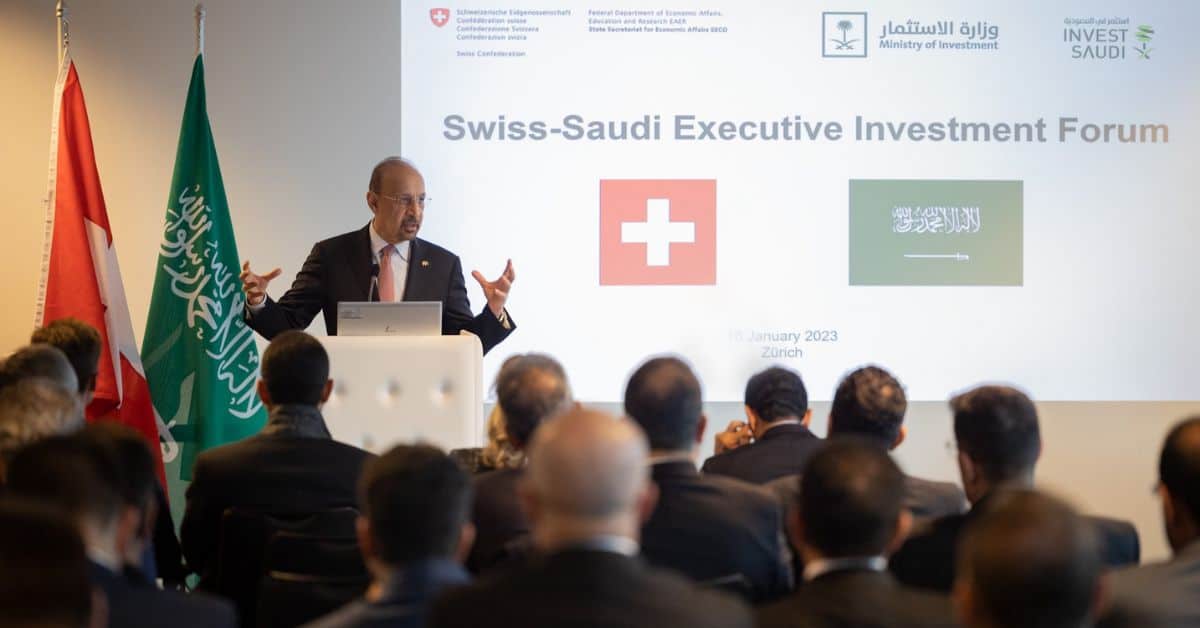Saudi Arabia is expected to surpass the UAE in receiving foreign direct investment (FDI) in 2023 for the first time since 2012, as both nations continue to be major beneficiaries of the inflow of funds, a recent industry report showed.
According to the Lumina Cross-Border insights report, FDI into Saudi Arabia and the UAE hit record highs with $40 billion in 2022, showing a rise of 58 percent over the previous year.
“Key MENA projects driving FDI and UK-to-Middle East investment in 2023 will include infrastructure and engineering, tourism and hospitality, and clean/renewable energy, most notably, the megaprojects in Saudi Arabia,” stated the report.
“Saudi Arabia’s FDI situation improved significantly in 2022 compared to the past few years. The kingdom’s emphasis on attracting foreign investments has shifted dramatically in the last two years. Historically, investments were in large infrastructure and governmental investments, such as military or oil and gas, but the last two years have allowed businesses and companies to shift their eyes towards other investments in Saudi Arabia,” commented Nazar Musa, CEO of PRO Partner Group, a leading business formation and support company.
Musa told TRENDS that more foreign businesses have been able to enter the kingdom in 2022, and this will continue through 2023.

“Saudi Arabia is undergoing a transformation under Vision 2030, much like the United Arab Emirates did when they opened their borders to foreign investment and foreigners 25 years ago. So, 2023 will be a massive year for Saudi Arabia”, he added.
“The two countries are not required to compete because they are in different industries. However, Saudi Arabia has a much larger population than the UAE. As a result, it is a larger market, and because it is an immature market, there are still plenty of opportunities for FDI. The entire transformation is changing, and some of it is just getting started, as there are many more options”, Musa mentioned.
In the last two years, the Ministry of International Investment has been very active in attracting FDI to the country and supporting businesses, which will continue. They had put in place infrastructure to support businesses, and it has also allowed foreign ownership, which is a big deal for companies coming into any part of the country.
However, some challenges remain for investors and businesses, such as the capital down payment, which varies by industry, the legal infrastructure, and the power of attorneys, which still need to be improved.
Europe may drive record FDI levels
“Previously, US and UK companies made the most investments in Saudi Arabia, especially in terms of military and structure. However, more and more foreign businesses are now participating in this, as evidenced by the entry of German, French, and Japanese firms in the infrastructure, rail, and road sectors. So the entire world is starting to enter the country, and a large portion of that investment is currently going toward logistics infrastructure,” according to Musa.
On the other hand, the Lumina Cross-Border report anticipated that record levels of FDI would be generated in 2023 due to bilateral investments between the Middle East and Europe.
The year 2023 is expected to be another record year for foreign direct investment in the Middle East as international corporations and funds continue to establish roots there, and talent continues to flow in.
It said that deal-making is also expected to flourish due to a largely resilient regional-led global mergers and acquisitions environment last year. It added: “Regional presence for aspiring global firms to take advantage of such growth is now seen as a must rather than a nice-to-have.”

